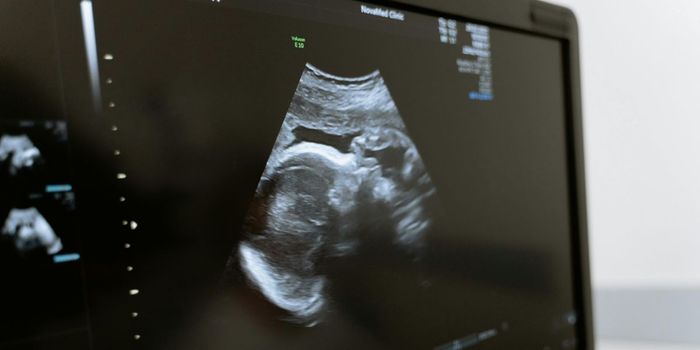Clinical Trial for Cannabidiol Effect on Hyperphagia in Affected Individuals with Prader-Willi Syndrome
There is a Phase II randomized, double-blind clinical trial in the United States currently recruiting patients with Prader-Willi Syndrome (PWS) to evaluate the efficacy of cannabidiol (liquid form) use on hyperphagia (overeating) related behavior. Cannabidiol (CBD) is an agonist for receptors in the human Endocannabinoid System (ECS). INSYS Therapeutics Inc. is the sponsor of the trial which is set to start March 2018 and run through May 2018 according to the National Institutes of Health US Library of Medicine where clinical trials are documented.
Prader-Willi syndrome is a complex human genetic condition related to genomic imprinting on the acrocentric chromosome 15, specifically locus 15q11.2 region. This region is in the proximal arm of chromosome 15 right below the centromere. Imprinting is a complicated and not wholly understood genetic process whereby gene expression is regulated through epigenetic silencing (typically by methylation). The etiology of the disorder is the failure of expression of the gene located within 15q11.2 on the paternally inherited chromosome 15. The typical resulting phenotype begins in infancy with weak muscle tone, feeding difficulties, and developmental delay; successive appetite increases beginning in early childhood and by age 8 result in children with PWS having an insatiable appetite and an uncontrollable focus on food. Weight management and obesity are consistent challenges due to hyperphagia. Prader-Willi syndrome (PWS) results from three basic causes: (1) the deletion of the 15q12 region on the paternally inherited chromosome. This is likely and most often due to random events during the formation of sperm or early in fetal development; (2) the random inheritance of two copies of the mother’s chromosome 15’s, defined as an example of uniparental disomy. The medical terminology can be broken down into parts which results in: “Uni-“ = one/single, “parental” = parent, “di-” = two [copies], “somy” = [relating to] chromosomes; (3) Inheritance occurred normally but there was a defect in the imprinting process in the 15q11.2 chromosomal region.
Photo Source: University of Floria Department of Pediatrics
The human ECS plays a regulatory role in endocrine and metabolic functions, along with the central nervous system, for appetite control, food intake, and energy balance. A 2011 study in the journal of Pharmacology and Biochemical Behavior found that CBD can act as an agonist for CB1R by blocking the uptake of the human endocannabinoid molecule anandamide. There are multiple systems collaborating for food intake control including both the cannabinoid and serotinergic pathways. Williams and Kirkham (2002) published research focused on the role of SR141716A (rimonabant), a CB1R antagonist, which was shown to reverse the hyperphagic effect caused by the phytocannabinoid delta-9 tetrahydrocannabinol (THC). Rimonabant suppresses food intake signaling; CBD is an alternative cannabinoid that has similar antagonistic effects as rimonabant though may target different receptors than CB1R. CBD on its own may not change food intake but may prevent or disrupt the physiological process leading to hyperphagia.
Sources: Pharmacology, Biochemistry and Behavior (2011); Pharmacology, Biochemistry and Behavior(2002); National Institutes of Health International Conference on Hyperphagia; National Institutes of Health US Library of Medicine










